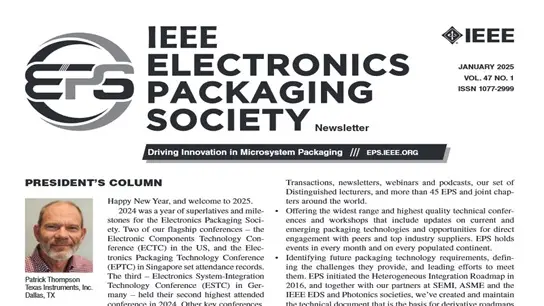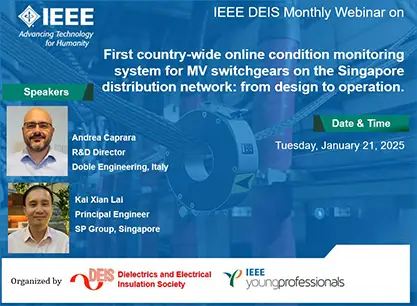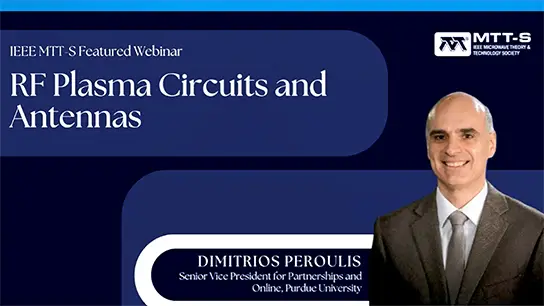New Approaches to Risk Management for Power Systems
M. Caramanis, A. Gupta, R. Tabors, Y. Sun
-
Members: FreePES
IEEE Members: $25.00
Non-members: $40.00Pages/Slides: 72
Panel
19 Jul 2022
Optimal utilization of all grid assets requires a fundamental shift in grid management rooted in an understanding of asset risk and system risk. Existing management practices were designed for a grid consisting of and fully reliant on conventional generation assets. Present operational and planning practices do not acknowledge or leverage the true capabilities and associated challenges of emerging assets. A novel risk-driven paradigm will allow emerging assets to be trusted and relied upon to provide the critical products and services necessary to maintain an efficient and reliable grid, thereby breaking the persistent reliance on conventional generation technologies. ARPA-E’s PERFORM program (Performance-based Energy Resource Feedback, Optimization, and Risk Management) seeks to develop innovative management systems that represent the relative delivery risk of each asset and balance the collective risk of all assets across the grid. A risk-driven paradigm allows operators to: (i) fully understand the true likelihood of maintaining a supply-demand balance and system reliability, (ii) optimally manage the system, and (iii) assess the true value of essential reliability services. This paradigm shift is critical for all power systems and is essential for grids with high levels of stochastic resources. Projects will propose methods to quantify and manage risk at the asset level and at the system level.
Chairs:
Joseph King Jr.
Primary Committee:
Power System Operation, Planning, and Economics (PSOPE)
Sponsor Committees:
Technologies & Innovation Subcommittee



